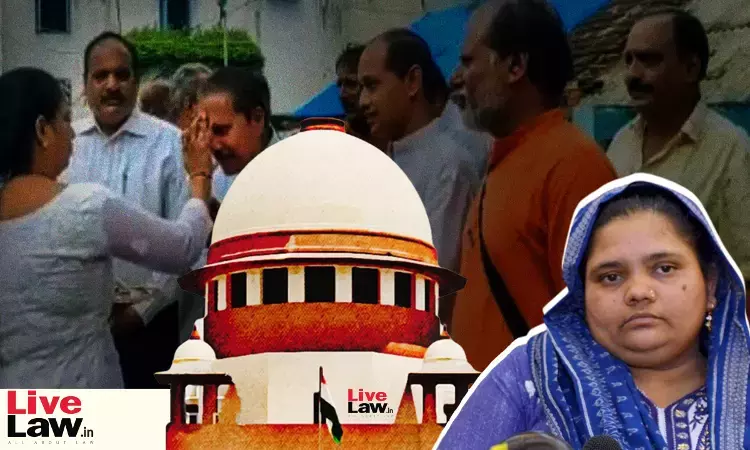Bilkis Bano Case | Supreme Court to Begin Hearing Challenge Against Remission Of 11 Convicts From August 7
Awstika Das
17 July 2023 9:59 PM IST

Next Story
17 July 2023 9:59 PM IST
The Supreme Court on Tuesday adjourned to August 7, the hearing in a clutch of pleas against the premature release of the life convicts in the Bilkis Bano case, after recording that the service against all the respondents – both through direct service and paper publication – was complete. After the retirement of Justice KM Joseph, a bench headed by Justice BV Nagarathna will...
